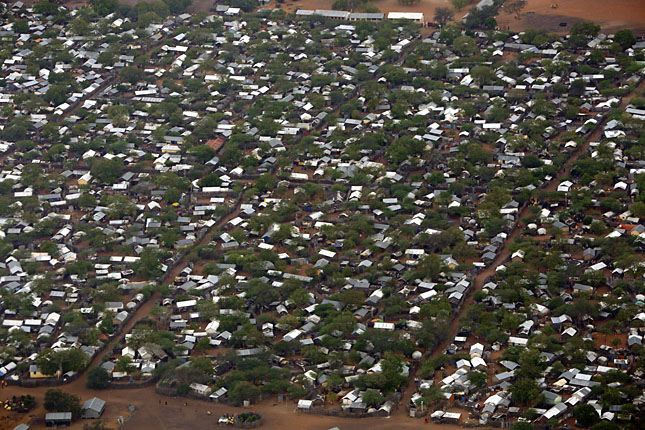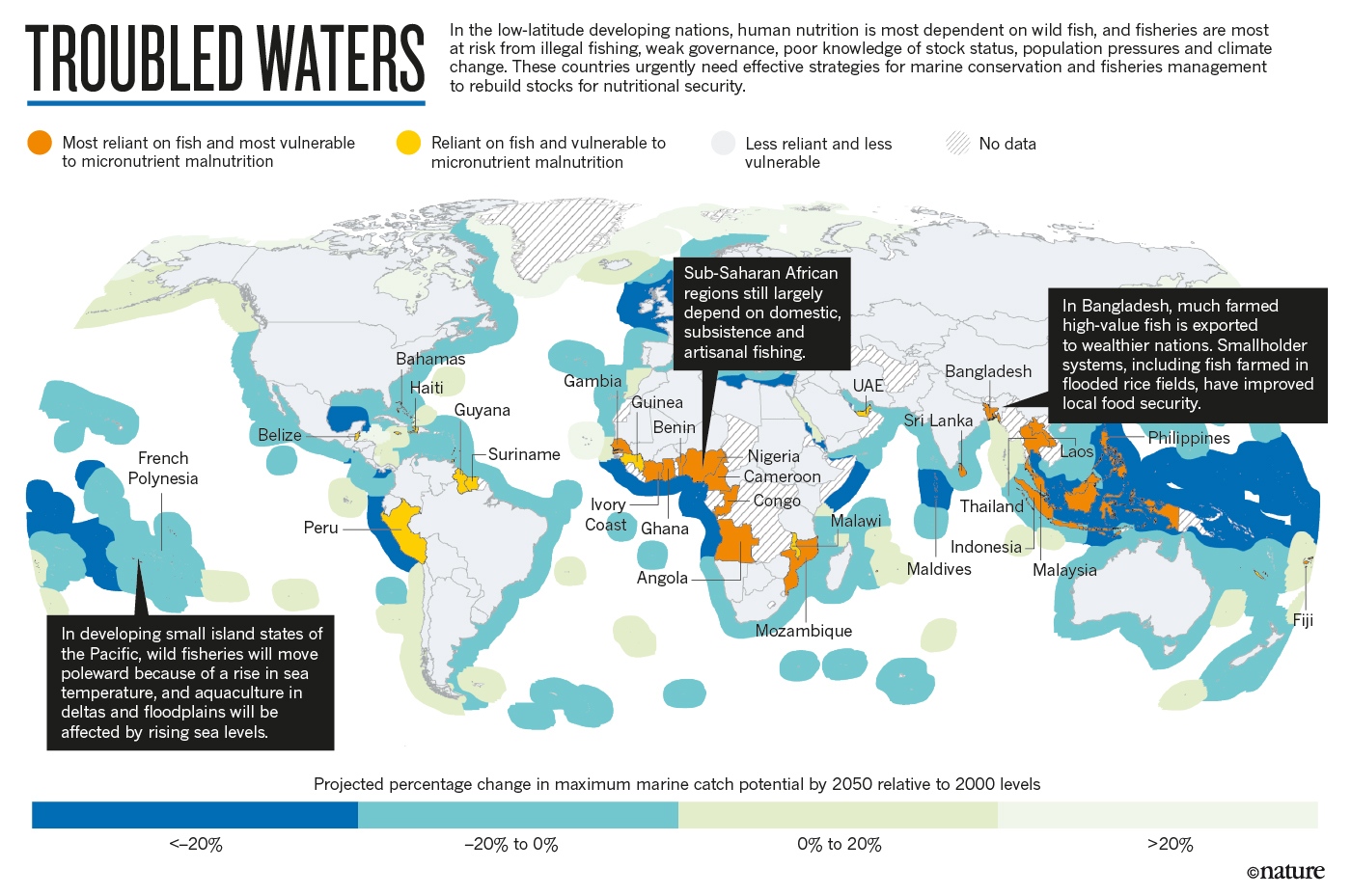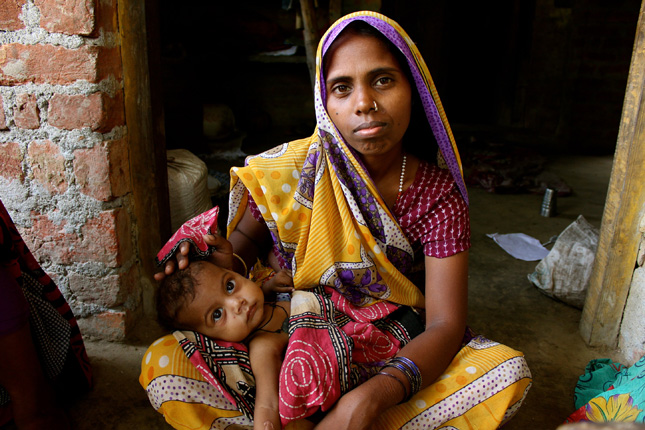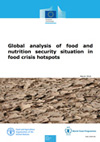-
Perception Matters: New Insights Into What Determines Resilience
›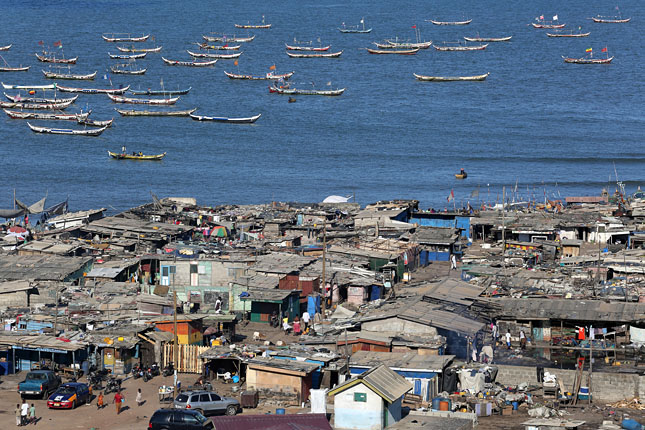
Resilience is increasingly recognized as a powerful concept to help practitioners, academics, and policymakers better understand how people respond to shocks and stressors, and how those responses can be linked to longer-term positive or negative development outcomes, such as wellbeing or food (in)security.
-
In Cities, the New Battlefield for Sustainable Development, Women and Girls Need Help
›
Last month, the world came to Copenhagen to focus on how to achieve the Sustainable Development Goals (SDGs) for girls and women. The Women Deliver Conference, the largest gathering on girls’ and women’s health and rights in the last decade, was a huge success. Convening over 5,700 likeminded people from 169 countries was important to reenergize the movement and inspire action. Preaching to the converted is sometimes important. But now it’s time to focus on those who are not yet converted.
-
Why East Africa’s Refugee Crises Can No Longer Be Ignored
›
Citing security concerns, the government of Kenya recently announced their intent to close the world’s largest refugee complex, Dadaab, after almost 25 years. [Video Below]
-
Christopher Golden et al., Nature
Declining Fisheries Threaten Micronutrient Deficiencies for Millions
›June 17, 2016 // By Wilson Center StaffHow will the 10 billion people expected to be living on Earth by 2050 obtain sufficient and nutritious food? This is one of the greatest challenges humanity faces. Global food systems must supply enough calories and protein for a growing human population and provide important micronutrients such as iron, zinc, omega-3 fatty acids, and vitamins.
-
New Approaches to Addressing Gender Inequality in Global Development
›
In principle, development organizations and donors have known that gender dynamics affect the success or failure of their efforts for some time. In practice, overturning cultural mores while at the same time improving health outcomes, incomes, or food security can be difficult. [Video Below]
-
Four Cattle and a Farm: On Finding More Inclusive Solutions to Climate Change
›As early as 1911, coal miners in Britain carried caged canaries into mining pits. Any sign of distress from the small birds, which are incredibly sensitive to the presence of harmful gases such as carbon monoxide, meant immediate evacuation. Today’s canaries in the coal mine are low-income, minority communities whose exposure to environmental risks in the United States and elsewhere puts them at the frontlines of the global climate crisis.
-
From Chicago to India, Journalist Tracks Long-Lasting Effects of Childhood Malnutrition in ‘First 1,000 Days’
›
After more than a decade studying the wide-ranging effects of poor nutrition on children, former Wall Street Journal reporter Roger Thurow is outraged. Now he wants to inspire action.
-
El Niño Affects Food for 80 Million, “Paradigm Shift” Needed in Disaster Risk Assessment
› A report by the European Union on global food security finds 240 million people are in food stress thanks to conflict, refugee situations, flooding, drought, and El Niño. Part of a 2012 commitment by the EU to better target the root causes of food insecurity, the report analyzes the hunger situation in 70 countries and provides deeper analysis for 20.
A report by the European Union on global food security finds 240 million people are in food stress thanks to conflict, refugee situations, flooding, drought, and El Niño. Part of a 2012 commitment by the EU to better target the root causes of food insecurity, the report analyzes the hunger situation in 70 countries and provides deeper analysis for 20.
Showing posts from category Africa.



